Abortion Rights
Sponsored by Planned Parenthood
Abortion is not just a women's issue. Reproductive rights, including abortion, affects everyone, including queer people. Our involvement in the fight for abortion rights is both crucial and interconnected to the fight for LGBTQ+ rights. Here are five reasons why LGBTQ+ communities are involved in abortion rights.
1. LGBTQ+ People Get Abortions
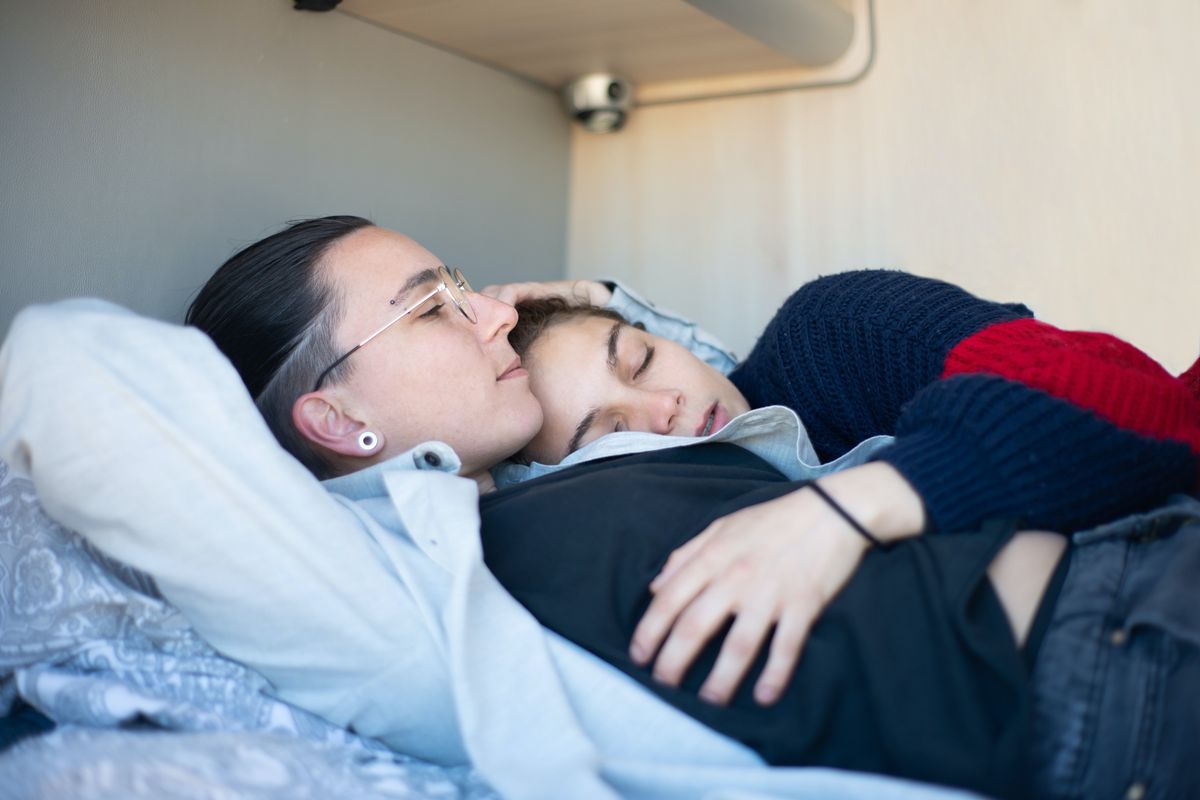
LGBTQ+ people get abortions.
Photo by Pexels
While straight women are often the focus of conversations about abortion, queer women, trans, nonbinary people, and intersex people get abortions, too. In fact, lesbian (22.8%) and bisexual (27.2%) women who have been pregnant are more likely to have had an abortion than heterosexual women (15.4%) who have been pregnant, according to the Human Rights Campaign.
2. The fight for abortion rights and the right to gender-affirming care are connected
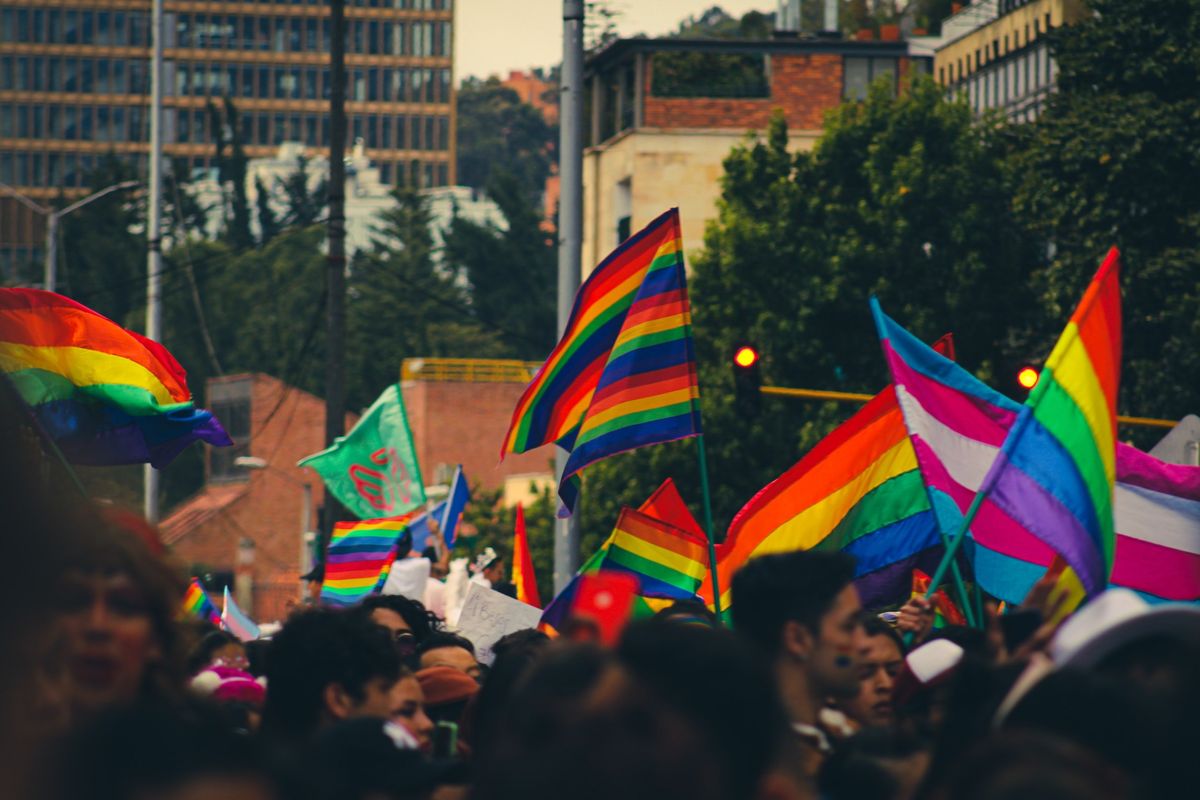
LGBTQ+ people fighting for abortion rights
Photo by Pexels
Like attacks and bans on gender-affirming care across the country, abortion bans challenge the fundamental principle that everyone should have the ability to control their own body — free from outside interference or pressure, especially from politicians. Attacks on both gender-affirming care and abortion should remind us of the countless challenges LGBTQ+ communities, and other communities who are marginalized because of racism and discrimination, have overcome to assert their rights and claim their space. By championing reproductive rights, queer people can help dismantle oppressive systems that seek to control and limit personal agency, ultimately fostering a society where everyone, regardless of gender or sexual orientation, can thrive.
3. Abortion Stigma Damages Mental Health, Especially for Queer People
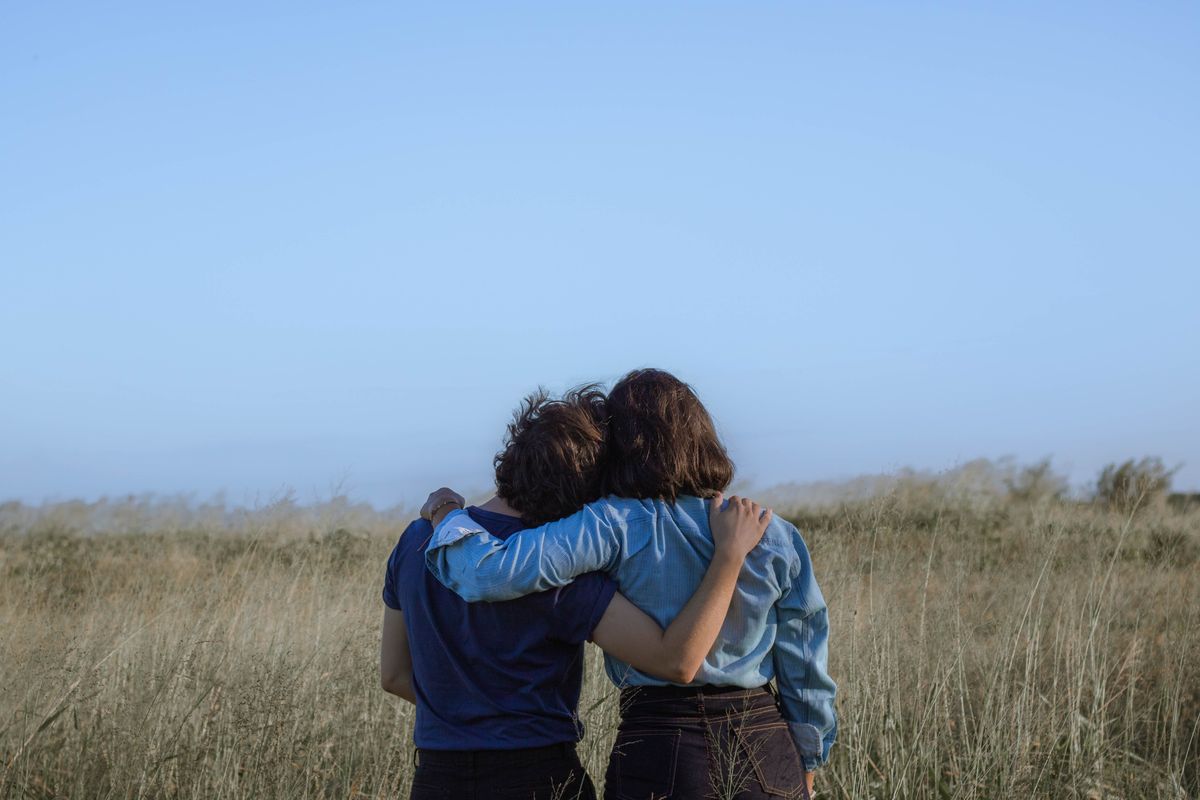
abortion and mental health
Photo by Pexels
Abortion stigma carries harmful mental health risks. Research shows that people who experience abortion stigma may face higher levels of psychological distress, including symptoms of anxiety and depression. This is especially true for queer communities.
4. Abortion Bans Put Family Planning at Risk

Family Planning
Photo by Pexels
Many LGBTQ+ people look to assisted reproductive technology, adoptions, or surrogacies to start a family. Heightened restrictions for abortion and other reproductive health care could potentially harm queer peoples’ ability to make decisions with their own family planning. Support of abortion rights means LGBTQ+ people can have reproductive options and the flexibility to make decisions about their family planning — everything from abortion to IVF.
LGBTQ+ rights and gender equality go hand in hand as they both strive to stop discrimination and inequality. Access to legal abortions as well as reproductive rights are crucial in achieving gender equality. By fighting for abortion rights, the LGBTQ+ community advocates for bodily autonomy and reproductive choices, and takes a firm stance against gender-based discrimination and inequality. By championing reproductive rights, the LGBTQ+ community contributes to dismantling oppressive systems that seek to control and limit individuals' agency, ultimately fostering a society where all individuals, regardless of gender or sexual orientation, can thrive and exercise their rights.
How to Get Involved
Real change can only be achieved through collective action and solidarity. While efforts to advance LGBTQ+ rights have progressed in recent years, these protections are not guaranteed. Engaging in the fight for abortion rights can help ensure a more equitable future for everyone. Visit Planned Parenthood to get involved.


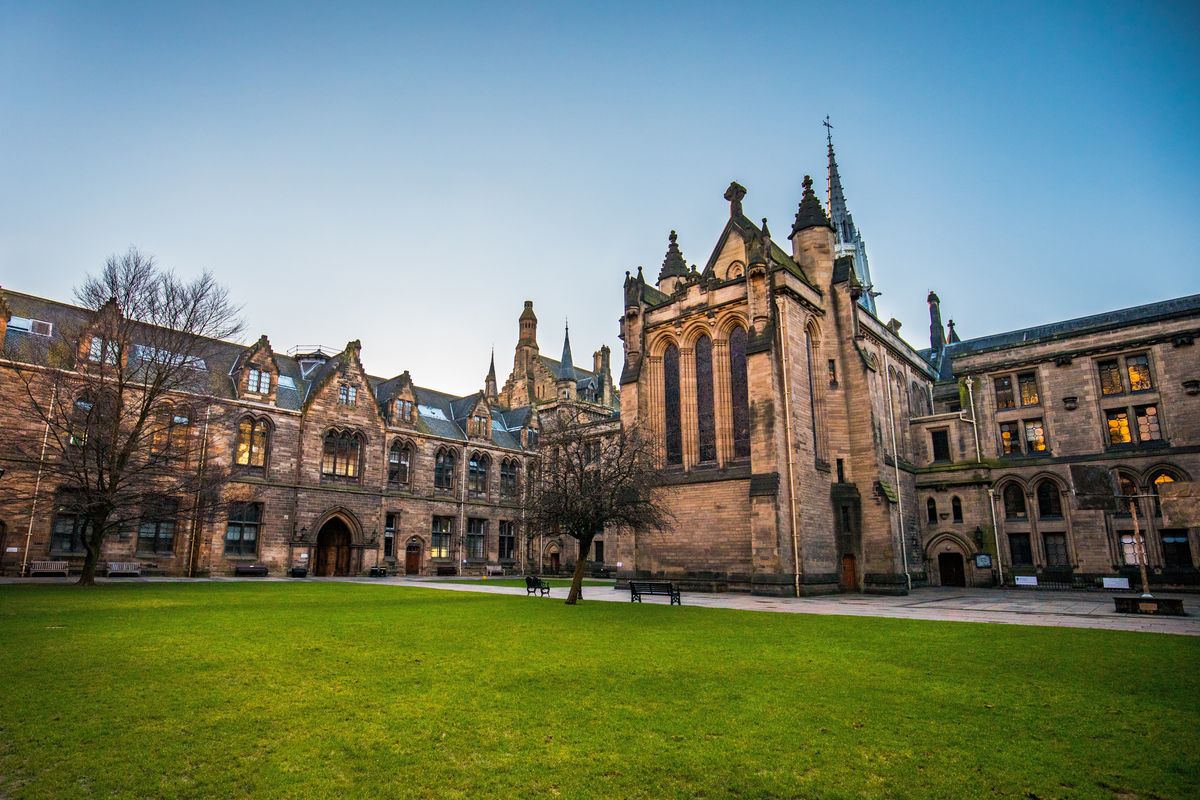 Gender-Inclusive Schools
Photo by
Gender-Inclusive Schools
Photo by  Student Privacy
Photo by
Student Privacy
Photo by 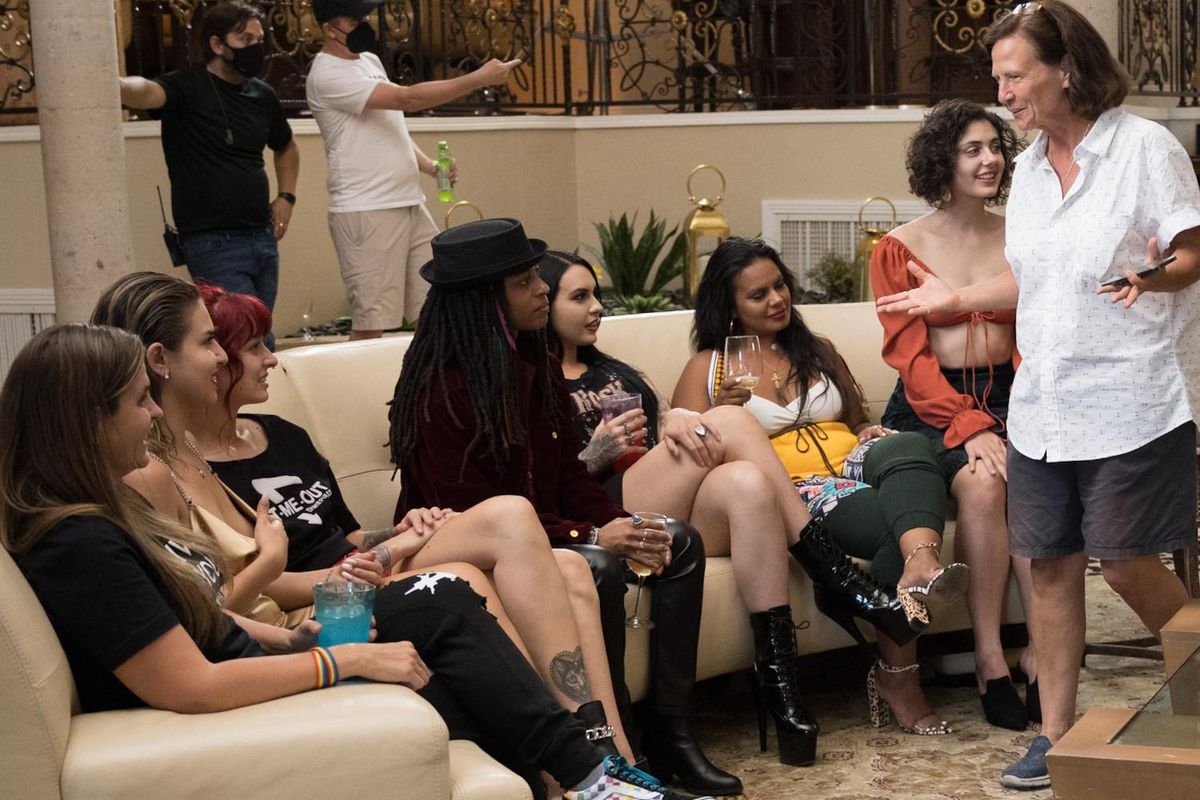 Nicole Conn speaking to contestants on Coming Out for Love Dating ShowPhoto courtesy of Carolyn S Russell
Nicole Conn speaking to contestants on Coming Out for Love Dating ShowPhoto courtesy of Carolyn S Russell Coming Out for Love dating show contestants hanging out by the poolPhoto courtesy of Carolyn S Russell
Coming Out for Love dating show contestants hanging out by the poolPhoto courtesy of Carolyn S Russell  Learning how to play poolPhoto courtesy of Carolyn S Russell
Learning how to play poolPhoto courtesy of Carolyn S Russell Facing your challenges
Photo by
Facing your challenges
Photo by